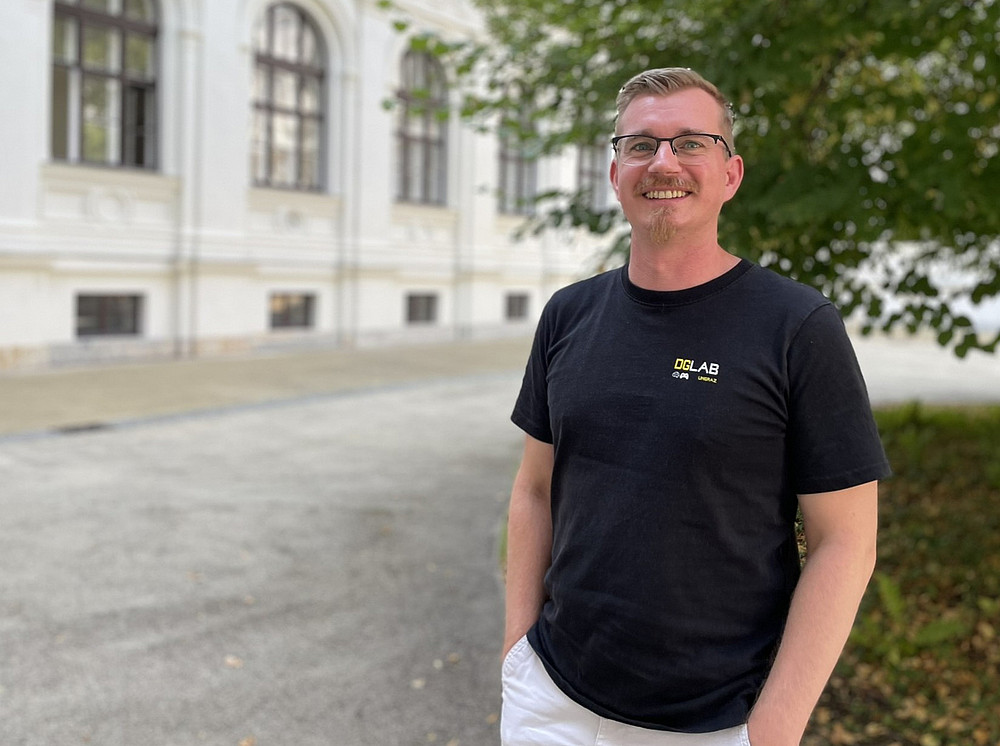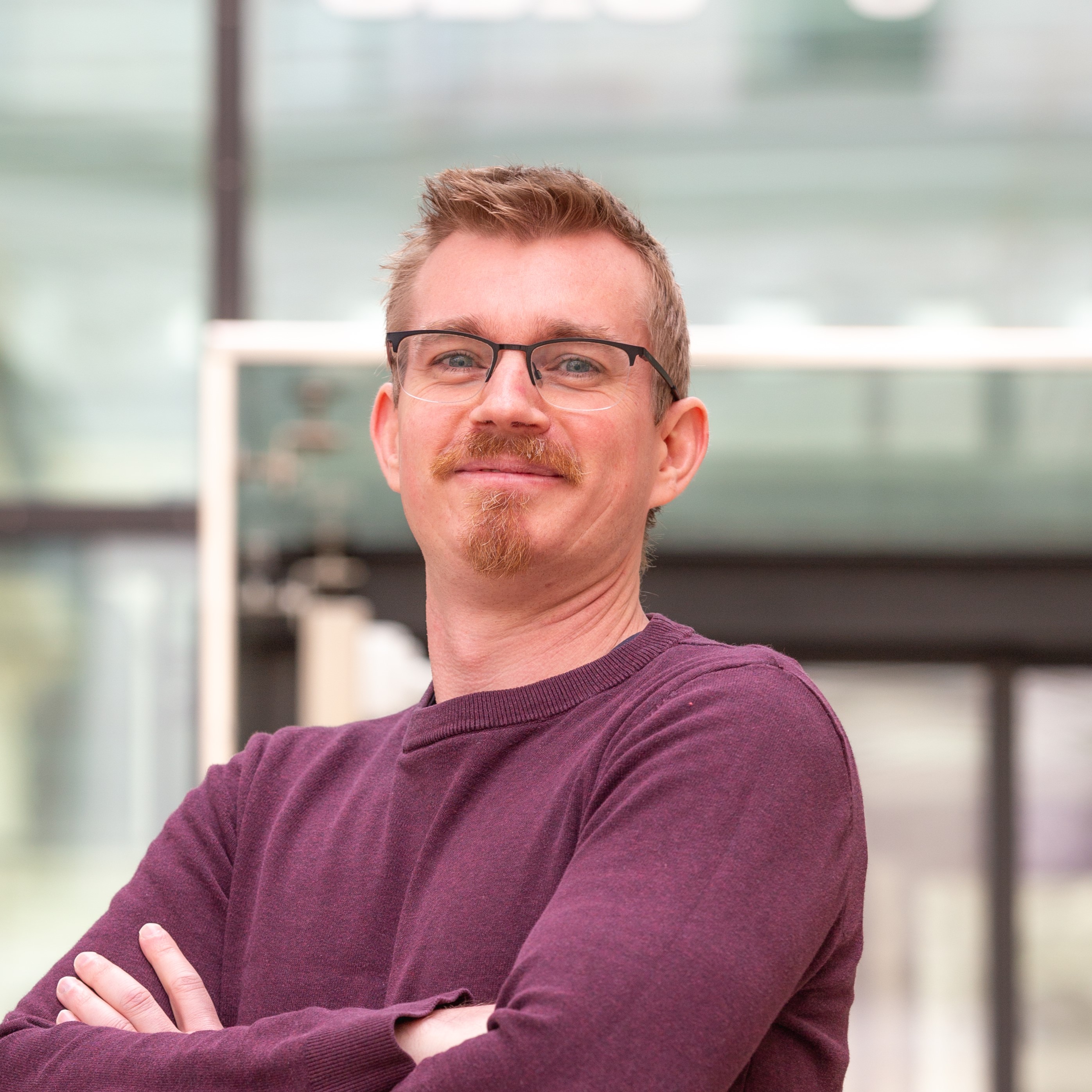"Games will play a decisive role in the future of education"

A year ago, Stefan E. Huber was honoured with the first FUTURE EDUCATION Award. Since then, he has remained true to the research focus for which he was honoured - playful learning. On the occasion of EARLI 2025, he has now changed sides - and is presenting one of four awards to this year's winner. At FUTURE EDUCATION, Stefan E. Huber is a member of the Education Technology(s) Cluster.
How does a PhD in physics end up in a dissertation project on learning through play? For Stefan E. Huber, this is precisely the logical continuation of his thirst for knowledge - and consequently also of his academic career. After all, the question of how knowledge is possible in the first place is his oldest scientific interest.
"In my youth, I shared a passion for reading with my parents. Back then, I was particularly fascinated by popular science books on physics. That's why it was only natural for me to study physics," says Stefan E. Huber, who followed his studies in Innsbruck with a doctorate in chemical physics.
He was fascinated not only by interdisciplinarity, but also by the interaction between the world and humans as cognisant beings. This is why he later began to study psychology alongside his work as a postdoc, focusing on human blinking as an expression of the interaction between attention and the environment in his master's thesis.
He is currently working on his second doctorate at the University of Graz - on learning through play. And what he has discovered so far fascinates and captivates him in equal measure. "Initial results show that even small elements of play can significantly increase motivation and commitment to a learning task," says Stefan E. Huber. In the course of researching his dissertation, he was surprised to discover that the results of the motivational effect can depend heavily on the context. While the motivation of the study participants was always higher in online experiments if the learning task contained game elements, this effect was not recognisable in laboratory studies. However, Stefan E. Huber admits: "This is basic research that is far removed from entertainment games, as controlled experiments only require small, specific changes to the study conditions." The impact of this in the classroom, i.e. where playful elements are actually used and should be used, is also currently being investigated.
He believes it is important not to make a generalised statement in connection with schools that "playful elements either bring something or they bring nothing". For him, it is much more important to emphasise the enormous potential for innovation that goes hand in hand with a playful approach. Many great achievements, such as the discovery of electricity, were the result of 'playing', he emphasises. Above all, 'playing', i.e. free, rule-free play, is closely linked to curiosity and free exploration, although more rule- and purpose-led 'gaming' can also create space for exploration and experimentation.
And this is precisely where he sees one of the strengths of games: That - similar to reading novels - they allow the person playing to come into contact with perspectives that are not accessible to them in real life, which would promote both diversity and an understanding of otherness. "Among other things, games offer a safe framework for experiencing what can go wrong and what can result from it, without this having to have an immediate impact in reality." Failure, failure, mistakes and their consequences should thus be made accessible to experience, making it easier to recognise and correct them in the 'real' world. Does he enjoy entering such alternative 'worlds' himself? "I like to play strategy games like 'Civilisation' or story-driven role-playing games."
And how does he feel today, one year after the award ceremony, about the FUTURE EDUCATION Award, which he received in 2024 for his work with game elements? "The FUTURE EDUCATION Award is very important to me - the fact that the prize was awarded in the field of game-based learning means a lot to me." After all, digital games are sometimes still not taken very seriously in society as a cultural asset or medium , or are only discussed one-sidedly in terms of harmful aspects. "The award helps to emphasise the positive aspects of games, especially their potential for curiosity, free exploration and learning, which has clearly been under-researched to date. I am convinced that games will play a decisive role in the future of education."
